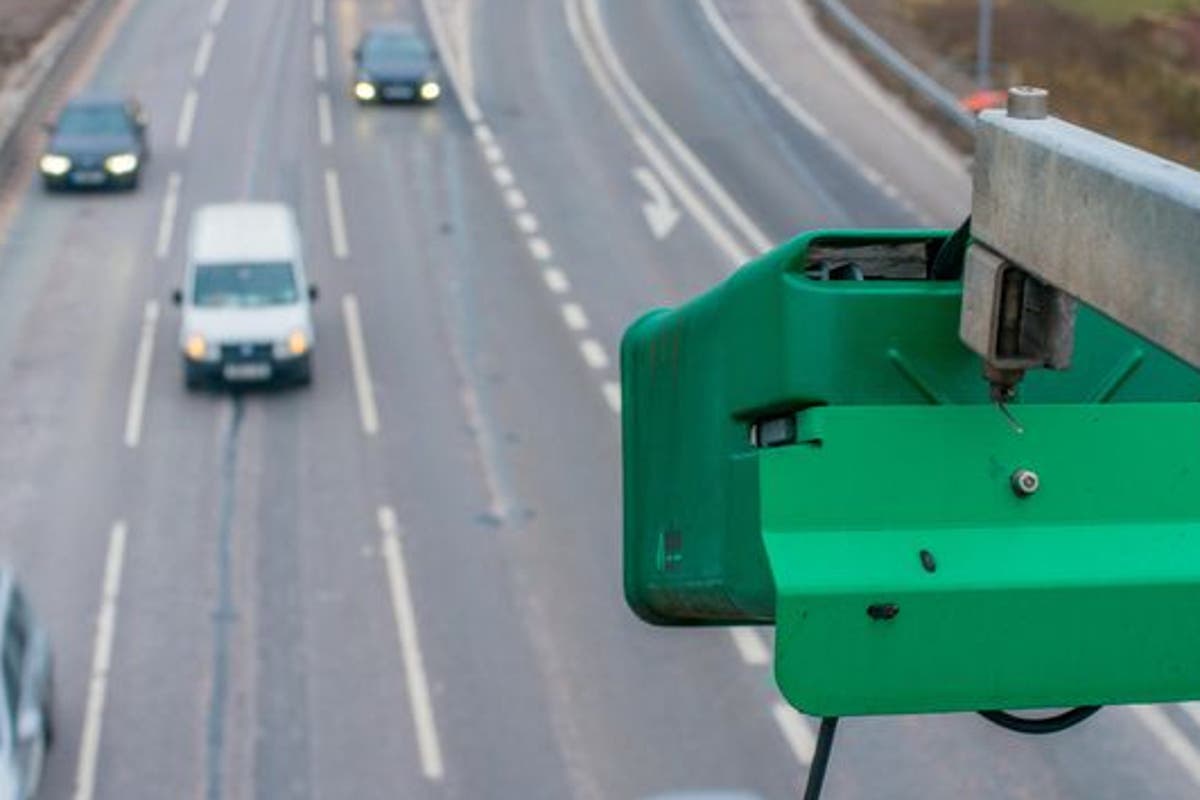Around 600 drivers seeking to overturn fines for speeding after a fake 50mph sign was placed on a dual carriageway in south east London will not have their penalties waived, the Metropolitan Police said.
Thousands of motorists were ticketed on the A20 near Sidcup on a stretch of the road where the speed limit had been temporarily dropped from 70mph to 40mph by Transport for London due to persistent flooding.
Police say the 50mph sign was installed by an “unauthorised third party” on January 24 after speed cameras were set to match the lowered limit.
…
While the Met admits the sign should not have been there, it “would not have impacted the enforcement of the 40mph average speed limit”.



Does speeding as an offence not require mens rea?
It doesn’t. Otherwise one could just say “Sorry I was daydreaming and simply didn’t today attention.” and get off the liability. This is, in fact, the relevant word:
Many traffic offences, including speeding, are considered strict liability offences in virtually every jurisdiction, which means that it is sufficient to prove that the act occurred and it is unnecessary to prove intent. In such cases, whether or not an offender meant to commit the offence is irrelevant. For strict liability offences, lawyers are unable to argue that the offender had no knowledge or intentions of committing the offence because what counts is whether the offence was committed.
A judge would simply look if the elements are proven:
a) the offence was committed b) no lawful excuse or defence for doing so exists
However, there is the defence of reasonable mistake. This means that it is sometimes possible for strict liability traffic offences to be refuted if the offender can successfully argue and provide evidence to show that they were genuinely mistaken and did not know they were committing the offence. However, this is different from the mens rea principle.